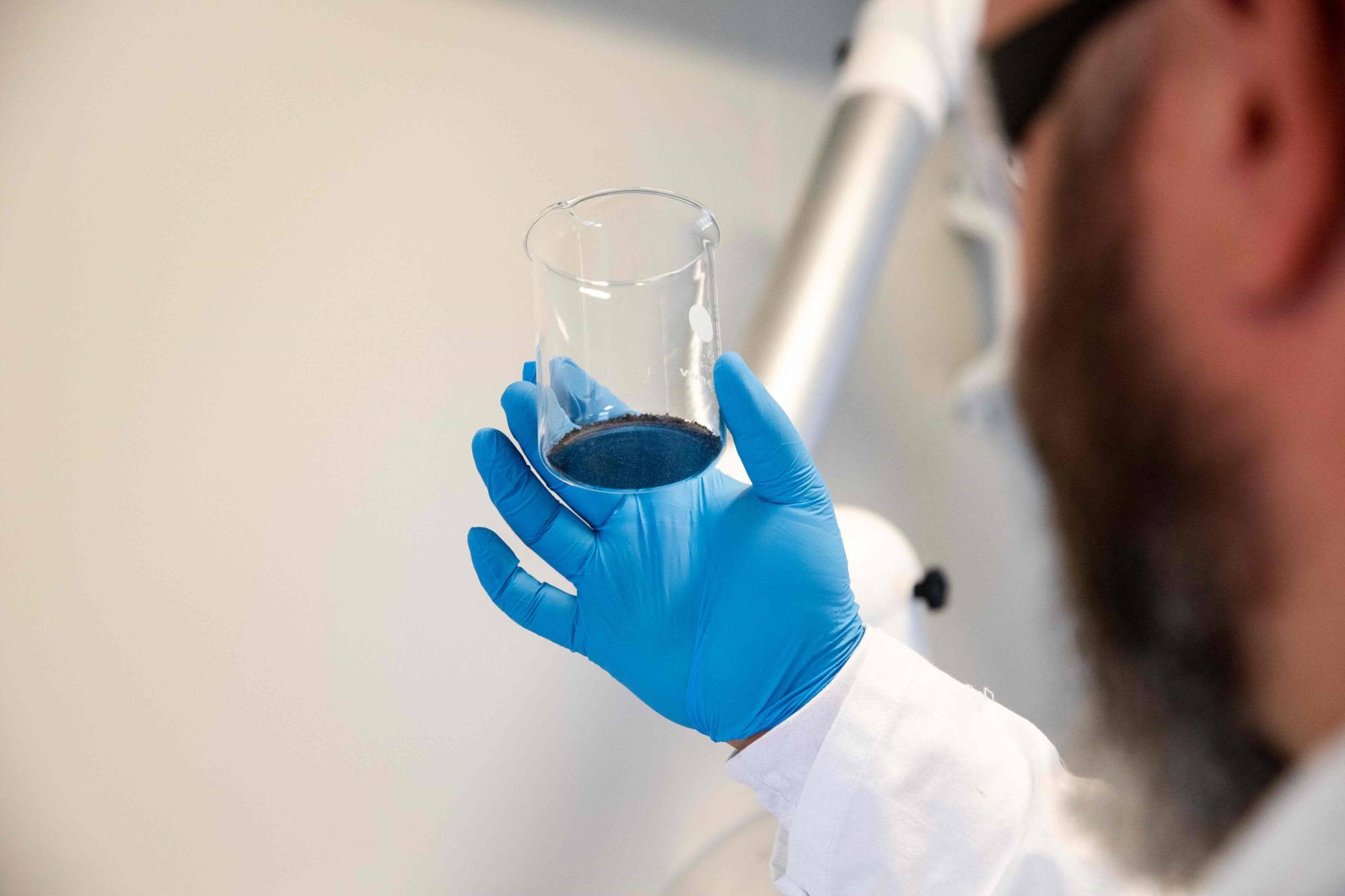Europe’s largest EV battery recycling plant leads the way in sustainability with ‘black mass’ powder
Hydrovolt, one of Europe's largest car battery recycling plants, is leading the way in sustainability by recycling damaged or faulty electric vehicle batteries. The plant is pushing the shift to a decarbonised economy by turning them into a precious powder known as "black mass," made of essential minerals such as nickel, manganese, cobalt, lithium, and graphite.
The 'black mass' powder will be supplied to other battery manufacturers, while the aluminium produced during the process will be sent to Hydro for recycling. Hydrovolt was established by Northvolt and Hydro to deliver sustainable battery recycling in Europe and ensure that no battery is ever wasted. "Black gold" is touted as eco-friendly as it comes from recycling rather than being mined in faraway countries.
{alcircleadd}
"The higher the quality of the components, the easier it is to use them for recycling," said Ole Jorgen Gronvold, a laboratory technician at Hydrovolt.
This novel method promotes the circular economy and increases Europe's independence in vital mineral supply chains. The factory is projected to be able to produce 12,000 tonnes of lithium-ion battery packs per year over the next few months, the equivalent of 25,000 electric vehicle batteries.
Norway, whose power is nearly entirely supplied by renewable sources, is the undisputed global champion of zero-emission electric vehicles, accounting for more than 80% of new car registrations. Recycling also contributes to Europe's independence in terms of vital minerals, with the COVID-19 epidemic and the conflict in Ukraine emphasising the continent's precarious reliance on imported raw resources.
AL Circle's comprehensive report on "Global Aluminium Industry Outlook 2023" stated that the demand for aluminium in electric vehicles will rise in the coming years. The rapid development of the electric vehicles (EVs) market worldwide will support using aluminium.
This news is also available on our App 'AlCircle News' Android | iOS















.png/0/0)







